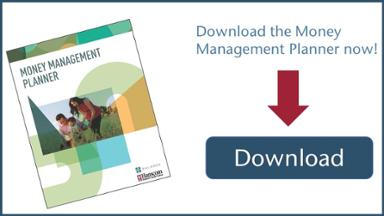When you visit a beautiful vacation destination, have a wonderful time, and plan to return again and again, you may dream of owning a home there. However, for many, a vacation home – with the big down payment, monthly mortgage, and ongoing maintenance costs — just isn’t in the budget. An alternative many people consider is a timeshare, which can seem like a cost-effective alternative to hotel stays. However, as with any major purchase, a lot of careful research should go into deciding whether or not a timeshare is the right choice for you. Here are four questions to consider before buying a timeshare.
1. Are you the repeat visitor type?
As much are you may love this particular destination, take an honest look at your vacation patterns before you buy. Are you the type who likes a lot of variety, or do you prefer the predictability and comfort that comes from returning to a favorite spot at the same time each year? Also look ahead to the future. If, for example, you have young children, is this a place the family will enjoy just as much when they become teens, and that you and your spouse will enjoy once the children grow up and no longer vacation with you?
2. What are the complete costs of ownership?
Unless you pay cash upfront for it, you’ll still have a loan to pay with a timeshare. In most cases, you’ll also have to shell out cash regularly for annual maintenance fees, special assessments, utilities, and property taxes. You have to pay these, even if you don’t use the unit, so check to see if there is a cap on fees. When evaluating the cost of the timeshare versus typical vacation costs, remember to account for all of these costs to get a realistic comparison.
3. How will you pay for it?
Timeshare developers have a reputation for the hard sell, and “easy” financing may be one of the techniques a salesperson uses to close the deal quickly. But look closely at the contract, because many of these financing schemes come with sky high interest rates – often as high as a typical credit card.
4. Are you looking for an investment?
When most people purchase a vacation home or other real estate, they view it as an investment. Even if they don’t use the property a lot, they are building equity in a sellable asset that is likely to increase in value over time. This is not the case with a timeshare. Timeshares are notoriously difficult to sell, and resale scams abound, so no one should buy a timeshare as an investment. And if you take a loss on a timeshare sale, which is likely, you probably will not be able to deduct the loss on your tax return as you would with other real estate or investments. Thus, it’s best to view a timeshare purchase not as an investment, but as one way to lock-in your vacation time at a specific location you know you will return to year after year.
To get an honest assessment of your personal finances, download our free Money Management Planner. It includes worksheets and tips to help you create a financial plan to meet your goals.




.jpg)









Comment